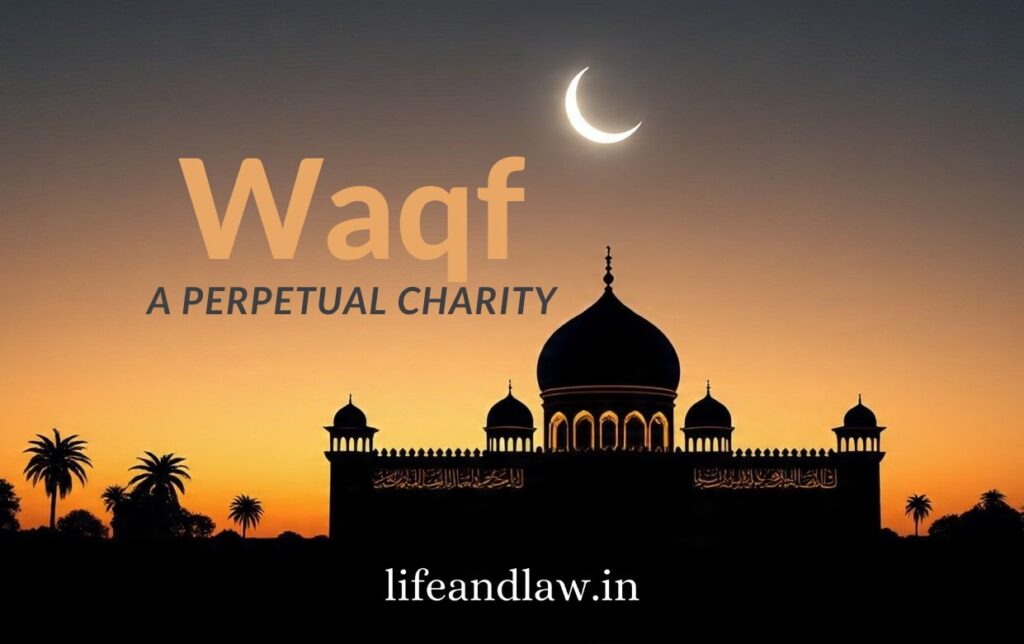Trending

Waqf is an important institution that promotes long-term social welfare by funding education, healthcare, religious sites, and community initiatives. It has historically offered critical aid to underrepresented people and helped develop long-term public service institutions.
In India, Waqf properties are handled within a legal framework overseen by government organizations. However, concerns about asset protection, transparency, and administrative efficiency persist. This article discusses the notion of Waqf and the registration process.
“Waqf is the permanent commitment of movable or immovable property for religious, charitable, or philanthropic purposes under Muslim law. It includes kinds such as Waqf by User, properties registered under multiple names in official documents, Mashrat-ul-Khidmat endowments, and Waqf-alal-Aulad. Even if usage or inheritance ceases, the Waqf status and purpose remain intact, with income channeled to recognized social objectives.
Mutawalli must be an Indian citizen and meet other government-specified eligibility requirements. If the Waqf specifies any qualifications, these may be included in the state government’s rules.
Objectives
Features
Under Section 36 of the Waqf Act, 1995:
Registration of every Waqf is mandatory: Whether a Waqf existed before or after the implementation of this Act, it must be registered with the Waqf Board.
Who can apply for Registration?: The Mutawalli (manager) of the Waqf shall make the primary application for registration. However, the following individuals may also apply:
Required Information for Registration: The application must be filled out in the required format according to the Waqf Board’s norms and must include:
Waqf Deed is Mandatory: The actual Waqf deed must be provided to the application. If the formal document is not accessible, comprehensive information on the Waqf’s origin, nature, and aims must be provided.
Signature and Certification of Application: The applicant must sign and validate the application as required by the Code of Civil Procedure, 1908.
Right to Request Additional Information: The Waqf Board has the right to request more data or information from the petitioner.
Waqf Board’s Right to Inquiry: After receiving the application, the Waqf Board may verify its legality and authenticity. If the Waqf management does not submit the application, they will receive a notice, and their statement will be reviewed prior to registration.
Time Limit for Registration:
Waqf is more than just a religious tradition; it is a solid structure for long-term social welfare, promoting education, healthcare, and underprivileged populations. Waqf, when managed clearly and properly, has the potential to revolutionize society.
Despite its promise, Waqf faces issues such as property protection, misuse prevention, and the necessity for legal reforms. Collaboration between government and Waqf entities is critical to ensuring accountability. This article, written by Adv. Abdul Mulla, a Waqf and property law specialist, provides additional insights. For further information, see his websites www.asmlegalservices and www.lifeandlaw.in.
Adv. Abdul Mulla (Mob. No. 937 007 2022) is a seasoned legal professional with over 18 years of experience in advocacy, specializing in diverse areas of law, including Real Estate and Property Law, Matrimonial and Divorce Matters, Litigation and Dispute Resolution, and Will and Succession Planning. read more….
Copyright BlazeThemes. 2025